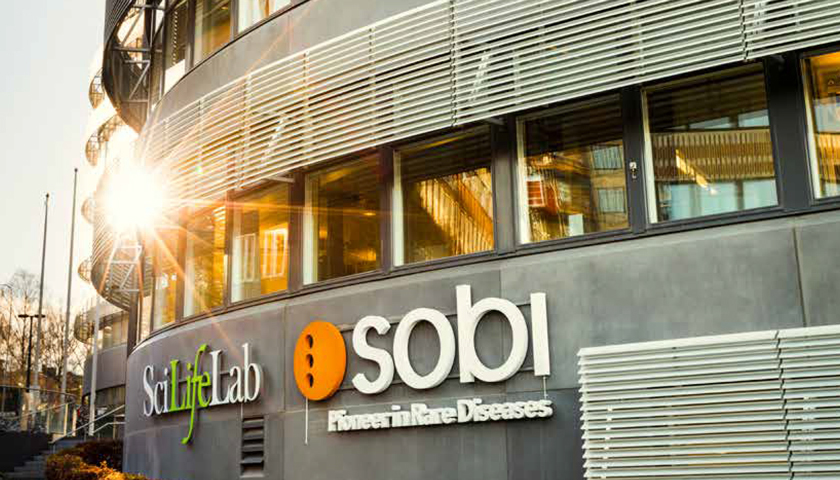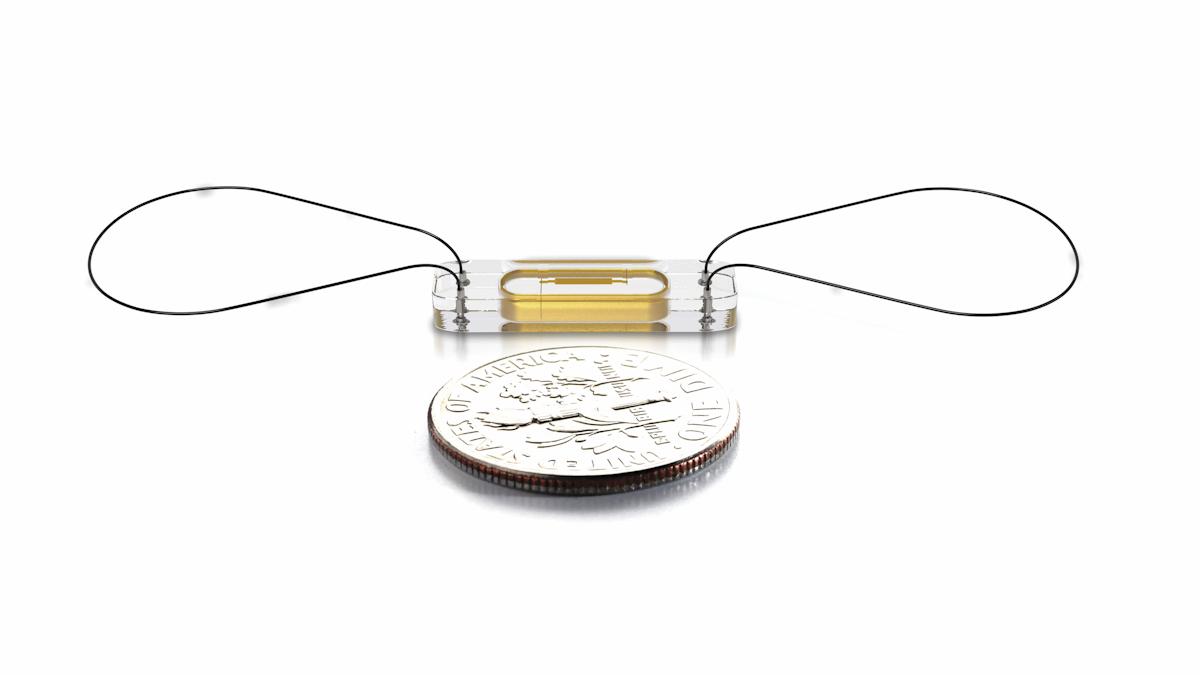NICE backs Sobi's Kineret for rare inflammatory disease

The UK's cost-effectiveness agency NICE has recommended that Sobi's Kineret can be used to treat NHS patients with Still's disease, a rare form of arthritis affecting children and adults.
The final guidance concludes that interleukin-1 receptor antagonist Kineret (anakinra) can be used as a treatment for two forms of Still's, namely systemic juvenile idiopathic arthritis (sJIA) and adult-onset Still’s disease (AOSD).
Still’s disease is a rare, serious inflammatory disorder associated with fever, rash and joint inflammation and can lead to life-threatening complications in 10% of children and 12% of adults. Patients sometimes have to undergo multiple joint replacement surgeries.
In sJIA, Kineret can be given to children aged eight months or more, who weigh at least 10kg and have not responded to treatment with at least one conventional disease-modifying antirheumatic drugs (DMARDs) like corticosteroids or methotrexate.
In AOSD, the drug can be considered for people who have responded inadequately to two or more conventional DMARDs.
https://twitter.com/NICEComms/status/1377244295254708225
The guidance positions Kineret as a first-line biologic therapy, and an alternative to Roche's interleukin-6 antagonist Actemra (tocilizumab), which is also used to treat sJIA by the NHS.
Clinicians have been arguing for biologics like Kineret to be used earlier in the treatment pathway for Still's disease, saying this could result in quicker disease control and avoid prolonged use of steroids, which should be avoided, particularly in children.
NICE said that Actemra and Kineret appear to be clinically equivalent and are roughly similar in weekly cost, with the latest guidance showing Kineret's annual cost at £9,580. Both products are available as subcutaneous injections although Actemra can also be given by infusion.
“This final NICE guidance endorses that clinicians have the flexibility to use anakinra earlier in the patient pathway, as a first-line biologic therapy," said Paul Brogan, a paediatric rheumatology specialist at Great Ormond Street Hospital.
"That is something specialists in this area welcome and brings us closer to quicker disease control that would prevent progressive joint and systemic damage,” he added.
NICE's decision brings it into line with the Scottish Medicines Consortium (SMC), which backed the use of Kineret for sJIA and AOSD in 2018, shortly after the drug was approved for use in Still's disease by the EMA.
Previously, limited funding was in place for anakinra in Still’s disease via NHS England commissioning policies, according to Sobi.
Kineret is one of Sobi's fastest-growing drugs, bringing in around $230m in sales last year, and is also being tested to see if it can treat the runaway inflammatory response associated with severe COVID-19.












